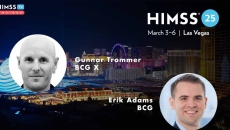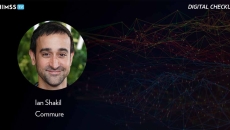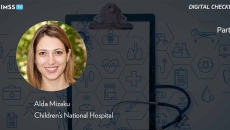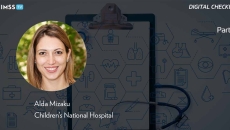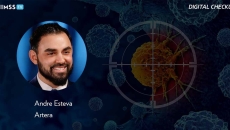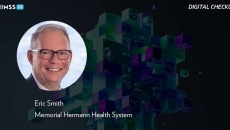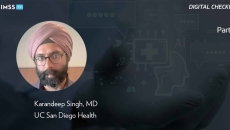clinical AI
HIMSS25
Gunnar Trommer of BCG X and Erik Adams of BCG give highlights of their upcoming HIMSS25 panel on the capital needed to develop and commercialize AI-powered medical devices and on completing regulatory milestones like 510(k) clearance.
Ian Shakil, chief strategy officer at Commure, explores the role of AI in clinical documentation and note-taking, emphasizing the importance of keeping humans in the loop and expanding the technology's impact across healthcare.
Patients are interested in AI to try and garner more information about their care or their child's care. Tools like ChatGPT are being utilized more by patients, says Dr. Samuel Browd of UW and Seattle Children's and the CMO at Proprio.
In a fast-moving world, staying abreast of the latest developments and regulations and staying connected to new initiatives and cutting-edge technology are some tips from Alda Mizaku, chief data and AI officer at Children's National Hospital.
Strong relationships and engaging with clinical team members is essential in assuring that AI projects are grounded in the real-world needs of their department, says Alda Mizaku, chief data and AI officer at Children's National Hospital.
Healthcare AI technology is additive and complementary, not punitive. It supports providers, rather than replacing them, says Dr. William Morris, CMO, Ambience Healthcare, and adds, "This is a moment where technology is done with you and not at you."
AI and genAI can reduce paperwork and errors by automating tasks prone to human error like data entry, clinical documentation and billing, says Aashima Gupta, Google Cloud's healthcare vertical lead.
Andre Esteva, CEO and cofounder of Artera, a spin-out of Salesforce, relays how the company's AI tool looks at images of cancer tumors and recommends specific therapies to clinicians.
Eric Smith, chief digital officer at Memorial Hermann Health System, discusses the health systems' AI governance council and the use of AI in its day-to-day operations - including patient interactions and ambient listening.
Pivoting from a healthcare administrator leader into chief health AI officer requires a substantial amount of health AI knowledge or a willingness to get that knowledge, says UC San Diego Health Chief Health AI Officer Dr. Karandeep Singh.
